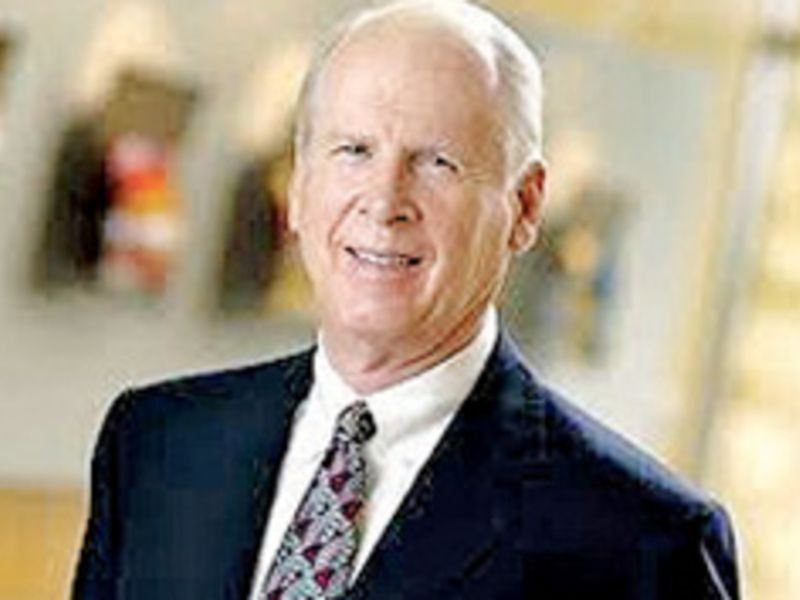
Lawyers for former Reynolds and Reynolds CEO Bob Brockman want a judge to move the federal tax evasion and wire fraud case against him to his home state of Texas, citing Brockman’s declining health as a factor.
A hearing is scheduled for Dec. 15 to consider a motion Brockman’s lawyers filed Monday formally requesting a change of venue from the U.S. District Court for the Northern District of California, where the government’s 39-count indictment against Brockman was filed, to the Southern District of Texas. Brockman, 79, lives in Houston. A court hearing held Tuesday did not materially address Monday’s transfer-of-venue motion but instead focused on a narrower request filed earlier.
Brockman stepped down last month from his post as chairman and CEO of Reynolds and Reynolds, a privately held dealership management system provider in Dayton, Ohio, following his indictment in October. Prosecutors allege he created an elaborate offshore scheme over two decades to evade taxes on $2 billion in income.
“The Indictment against him does not allege that he was physically present or personally committed any act in the Northern District of California,” Brockman lawyer Neal Stephens wrote in the transfer-of-venue motion filed this week. “Rather, it relies on allegations of financial transactions in which funds purportedly moved through accounts located here, materials that were allegedly sent to individuals here, and the presence of the grand jury in this District.”
Brockman’s defense team previously filed a motion with the court seeking a venue transfer solely for the tax evasion charges. That was followed by this week’s request to move the entire case to Texas. Prosecutors have not yet responded in court filings to the latest transfer motion.
Monday’s motion also provided new details about Brockman’s health, including that Brockman’s doctors in late 2018 and early 2019 “diagnosed that Mr. Brockman’s symptoms were consistent with Parkinson’s disease, parkinsonism, or Lewy body dementia, or some combination of the three.”
“A precise diagnosis of these conditions can be confirmed only post-mortem,” Stephens wrote in the motion. “All are characterized by progressive dementia. While some symptoms may be alleviated, Mr. Brockman’s condition is not curable.”
Doctors performed tests in October, before Brockman was notified of the government’s indictment against him, which “confirm that Mr. Brockman’s impairment is progressive and renders him unable to assist in his defense,” Stephens also wrote in the motion. Monday’s filing noted that defense attorneys intend to seek a hearing to determine whether Brockman can aid in his defense, though a motion to that effect had not yet been filed as of Tuesday.
U.S. District Judge William Alsup did not rule on the defense’s motion to transfer only the tax evasion charges during Tuesday’s hearing, ahead of the upcoming Dec. 15 court date. Alsup said Tuesday he approved of a proposed schedule that sets a trial date for November 2021, and he asked Assistant U.S. Attorney Michael Pitman to update the court Dec. 15 on prosecutors’ plans to produce what could be millions of pages of evidence.
Pitman said during Tuesday’s hearing that more than 900,000 pages of evidence will be sent to Brockman’s lawyers this week.